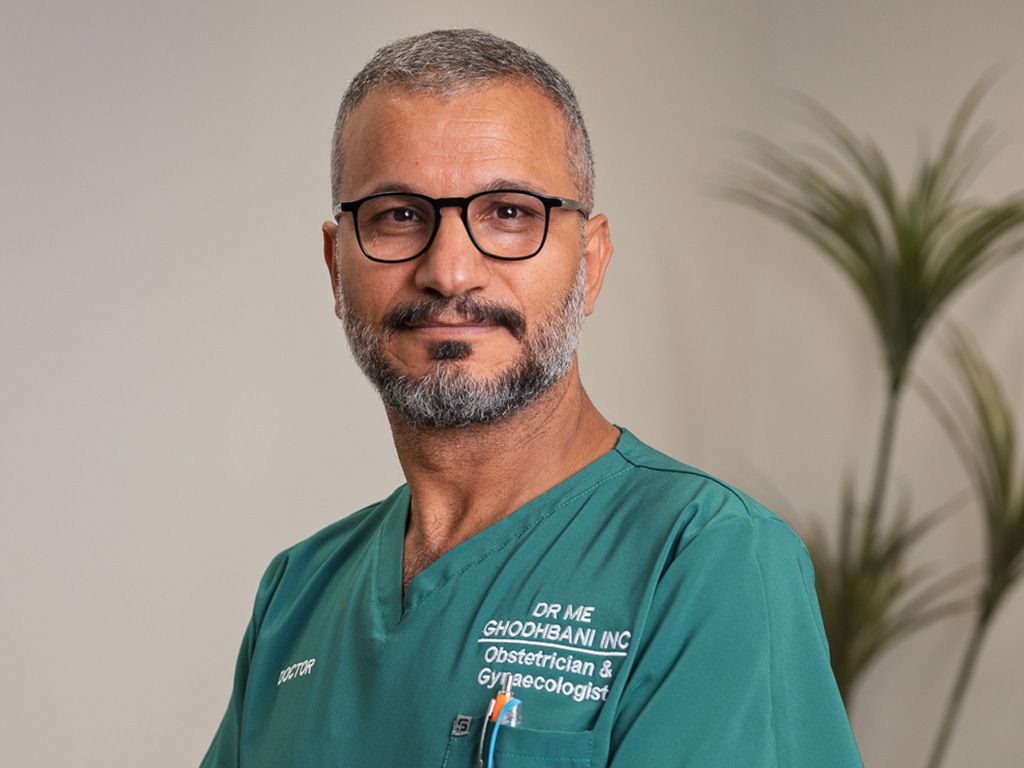Black men at higher risk for prostate cancer – more reason to test
Regular screening a must for better outcomes
After skin cancer, prostate cancer is the most common cancer among men. Yet locally, not enough men of African descent – who are at higher risk for the disease – are regularly screening to catch the disease early and take advantage of the treatments available.
“International research indicates that black African men are 60% more likely to develop prostate cancer. There are different types of prostate cancer, and the majority are completely silent – when advanced symptoms like swollen lymph nodes, leg weakness and weight loss are noticed, it may be too late for curative treatment,” says Dr Steven Cornish, a urologist practising at Netcare Sunninghill Hospital.

Urologist, Dr Steven Cornish
“We need greater awareness that prostate cancer does not have to be life-threatening when men know their risk factors and make screening part of their healthcare routine. Considering where the prostate gland is located, men would not usually notice if prostate problems were developing. This is why blood tests, called prostate-specific antigen (PSA) tests, and a digital rectal examination by a doctor are needed.”
“This simple test takes just a moment and may be lifesaving. In South Africa we are still trying to build solid national statistics on prostate cancer, however, there still seems to be a noticeable taboo surrounding this vital men’s health priority.
“To improve prostate cancer outcomes across all communities, we need men to have open conversations with their doctors about screening, particularly black men, as their incidence of prostate cancer internationally is higher than for other population groups.”
Netcare Sunninghill Hospital is hosting a prostate cancer public awareness event on Saturday, 20 September 2025, where men can have PSA blood testing free of charge sponsored by Astellas pharmaceuticals, and learn more about this crucial men’s health issue. PSA levels can point to a number of prostate-related issues, including an enlarged prostate, which is a normal part of ageing, infection of the prostate or prostate cancer.
“Higher PSA levels simply mean there is something worth investigating with your doctor, it does not necessarily mean prostate cancer is present. Even if there is a need for a small biopsy, and the results lead to a diagnosis of prostate cancer, there is no need to panic. These days, prostate cancer is usually highly treatable if it is picked up earlier,” Dr Cornish explains.
Men with a family history of prostate cancer in male blood relatives or breast or ovarian cancer in female relatives have an increased genetic risk of developing prostate cancer, and they would require earlier or more frequent screening.
It is recommended that all men be screened for prostate cancer at age 45; however, black men and those with a close family history, which includes a parent or sibling, should start earlier at age 40.
“Men should continue to screen, either annually or every five years, depending on individual risk factors and previous PSA results, until they are in their anticipated last 10 years of life. Sometimes, prostate cancer may not even require treatment, and an approach of ‘active surveillance’ is used because prostate cancer usually does not progress as quickly as lung or liver cancer, for example. This means that if you are diagnosed, you do have time to think about your options and ask questions – you have the right to be informed about your health status,” he says.
“The need for regular screening starting in a man’s 40s is tied to the observation that prostate cancer appears to be occurring earlier in succeeding generations. Also, the small percentage of prostate cancers that are more aggressive are often detected in younger men,” warns Dr Cornish.
“As men, we never know when this common male cancer could strike us, but we can be prepared for better outcomes by making screening part of our health routine and by helping to protect our loved ones by having these important conversations with the men in our families.”













